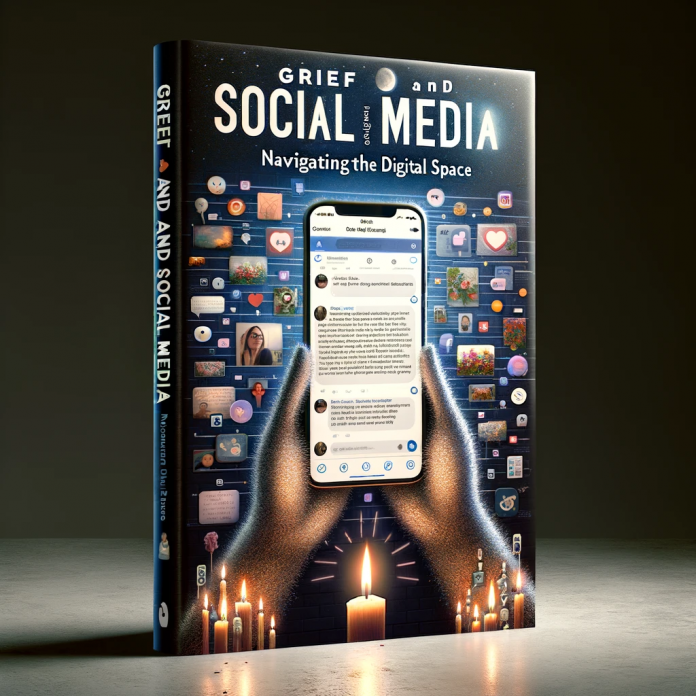In the digital age, social media has become a significant part of our lives, influencing how we communicate, share, and even grieve. This article explores the complex relationship between grief and social media, offering insights on how to navigate this digital space during challenging times.
Understanding Grief in the Digital Age
The digital age has transformed many aspects of our lives, including how we experience and express grief. With the advent of social media platforms, the bereavement process has taken on a new dimension, becoming more public and visible.
It's important to understand that grief is a deeply personal experience, and everyone navigates it differently. For some, social media can serve as a supportive space to share feelings, memories, and tributes. For others, it can be overwhelming and intrusive.
The Role of Social Media in Grief
Social media platforms like Facebook, Instagram, and Twitter have become virtual spaces where people can express their grief and find support. They offer a platform for collective mourning, where friends, family, and even strangers can come together to share memories and condolences.
However, the public nature of these platforms can also complicate the grieving process. The pressure to perform grief, the permanence of digital posts, and the potential for negative interactions can add additional stress during an already difficult time.
Benefits and Challenges of Grieving Online
One of the main benefits of grieving online is the sense of community it can provide. Being able to share your feelings and memories with others who knew the deceased or are going through a similar experience can be comforting.
On the other hand, the public nature of social media can also present challenges. Privacy concerns, potential misunderstandings, and the permanence of online posts can complicate the grieving process. It's important to consider these factors when deciding how to use social media during times of grief.
Navigating Grief on Social Media
While social media can be a helpful tool for expressing grief and finding support, it's important to navigate this space thoughtfully and respectfully. Here are some tips on how to do so.
Respecting Privacy
Remember that everyone grieves differently, and what feels right for you may not feel right for someone else. Always respect the privacy of others and consider their feelings before posting about a shared loss.
It's also important to protect your own privacy. Be mindful of what you share online, and don't feel pressured to share more than you're comfortable with.
Creating a Supportive Environment
Creating a supportive environment on social media can help make the grieving process more manageable. This could involve sharing positive memories, offering words of comfort, or simply listening and offering a virtual shoulder to lean on.
However, it's also important to be aware of the potential for negative interactions. If you encounter negativity or trolling, it's okay to block, mute, or report the offending users.
Managing Digital Memories
Managing digital memories can be a difficult aspect of grieving on social media. Seeing photos or posts of the deceased can trigger strong emotions, and it's important to handle these digital reminders in a way that feels right for you.
Some people find comfort in revisiting these memories, while others may prefer to limit their exposure. Most social media platforms offer options to manage these digital reminders, such as memorializing accounts or adjusting your settings to control what you see.
Seeking Professional Help
While social media can provide a sense of community and support during times of grief, it's not a substitute for professional help. If you're struggling with grief, it's important to seek help from a mental health professional.
Many therapists and counselors specialize in grief counseling and can provide strategies to help you cope. There are also numerous online resources and support groups that can provide additional help.
In conclusion, social media has significantly influenced how we grieve in the digital age. While it can provide a sense of community and a platform for expressing grief, it's important to navigate this space thoughtfully and respectfully. And remember, it's always okay to seek professional help if you're struggling with grief.


-banner.png)





